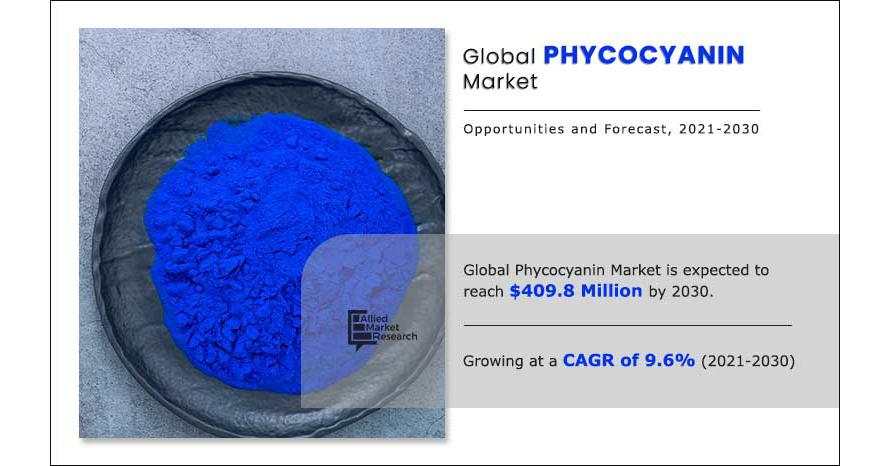Phycocyanin is a pigment-protein complex present in blue-green algae or cyanobacteria. It is a natural pigment that gives the blue-green algae their characteristic color. Phycocyanin is known for its health benefits and is widely used in the food and beverage industry as a natural coloring agent. It has also gained popularity as a dietary supplement due to its antioxidant and anti-inflammatory properties.

Benefits of Phycocyanin
Phycocyanin has numerous health benefits, including:
1. Anti-inflammatory properties
Phycocyanin possesses anti-inflammatory properties that help to reduce inflammation in the body. Studies have shown that it can help reduce the symptoms of inflammatory conditions such as arthritis and colitis.
2. Antioxidant properties
Phycocyanin is a potent antioxidant that helps to neutralize free radicals and protect cells from damage. It helps to reduce the risk of chronic diseases such as cancer, heart disease, and diabetes.
3. Immune system support
Phycocyanin can help to strengthen the immune system by boosting the production of white blood cells. This can help to reduce the risk of infections and improve overall health.
4. Brain health
Phycocyanin has been shown to improve cognitive function and memory. It may also help to reduce the risk of neurodegenerative diseases such as Alzheimer's and Parkinson's.
5. Liver detoxification
Phycocyanin has been shown to help detoxify the liver and protect it from damage. It can help to improve liver function and reduce the risk of liver disease.
Uses of Phycocyanin
Phycocyanin is used in a variety of ways, including:
1. Natural coloring agent
Phycocyanin is used in the food and beverage industry as a natural coloring agent. It is used to add color to foods such as ice cream, sweets, and drinks.
2. Dietary supplement
Phycocyanin is available as a dietary supplement in the form of capsules, tablets, and powders. It is used to boost the immune system, improve cognitive function, and reduce inflammation.
3. Fluorescence detection
Phycocyanin is used in fluorescence detection of water samples to monitor cyanobacteria biomass. It is a useful method for detecting harmful algae blooms in water bodies.
Side Effects of Phycocyanin
Phycocyanin is generally considered safe and well-tolerated by most people. However, some people may experience side effects such as:
1. Allergic reactions
Some people may be allergic to phycocyanin and experience allergic reactions such as hives, itching, and swelling.
2. Upset stomach
High doses of phycocyanin may cause stomach upset, diarrhea, and nausea.
Conclusion
Phycocyanin is a natural pigment that has numerous health benefits. It is used in the food and beverage industry as a natural coloring agent and is also available as a dietary supplement. Phycocyanin has anti-inflammatory and antioxidant properties and can help boost the immune system and improve cognitive function. While it is generally considered safe, some people may experience side effects. It is important to consult a healthcare provider before taking any supplements.